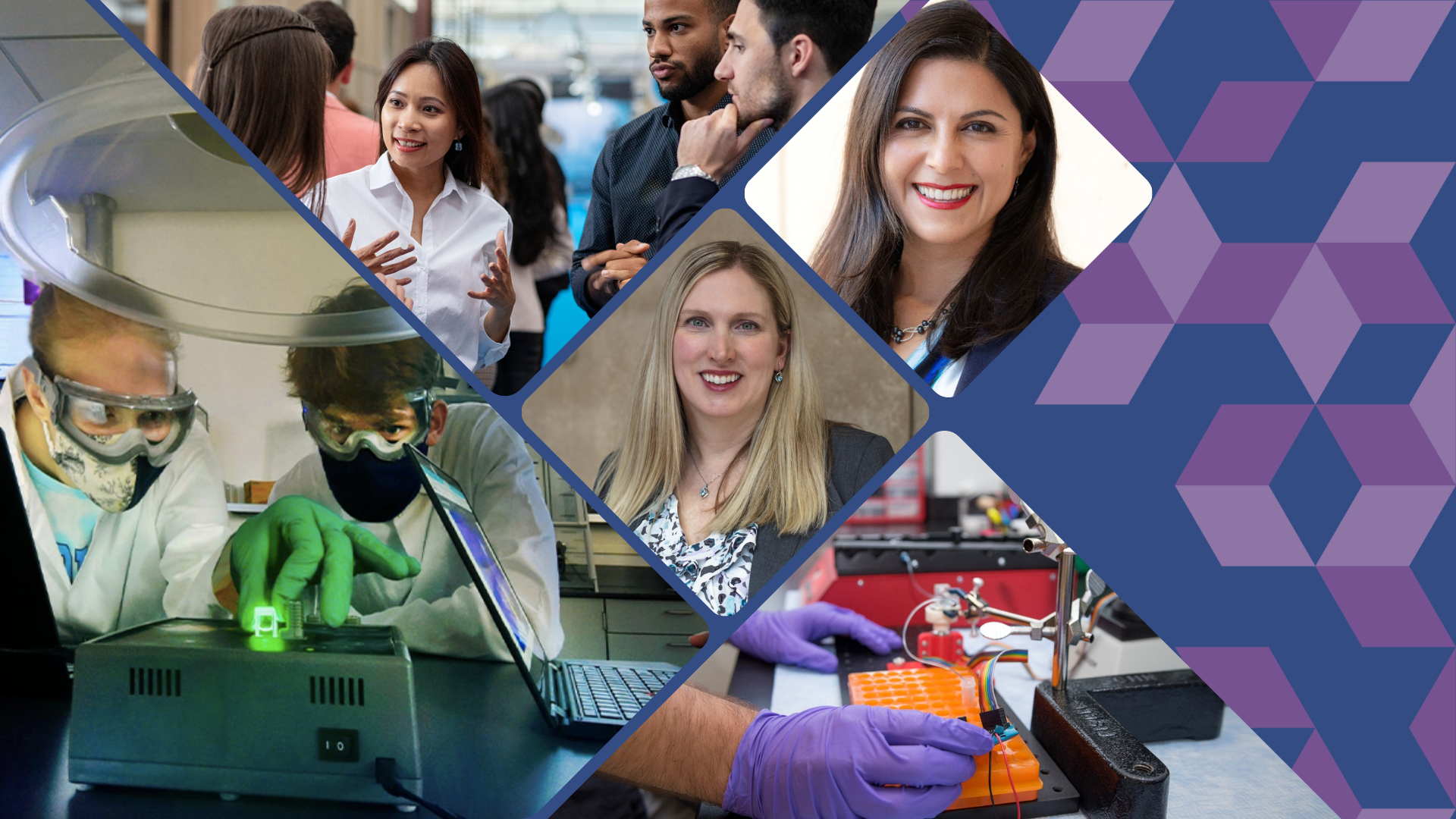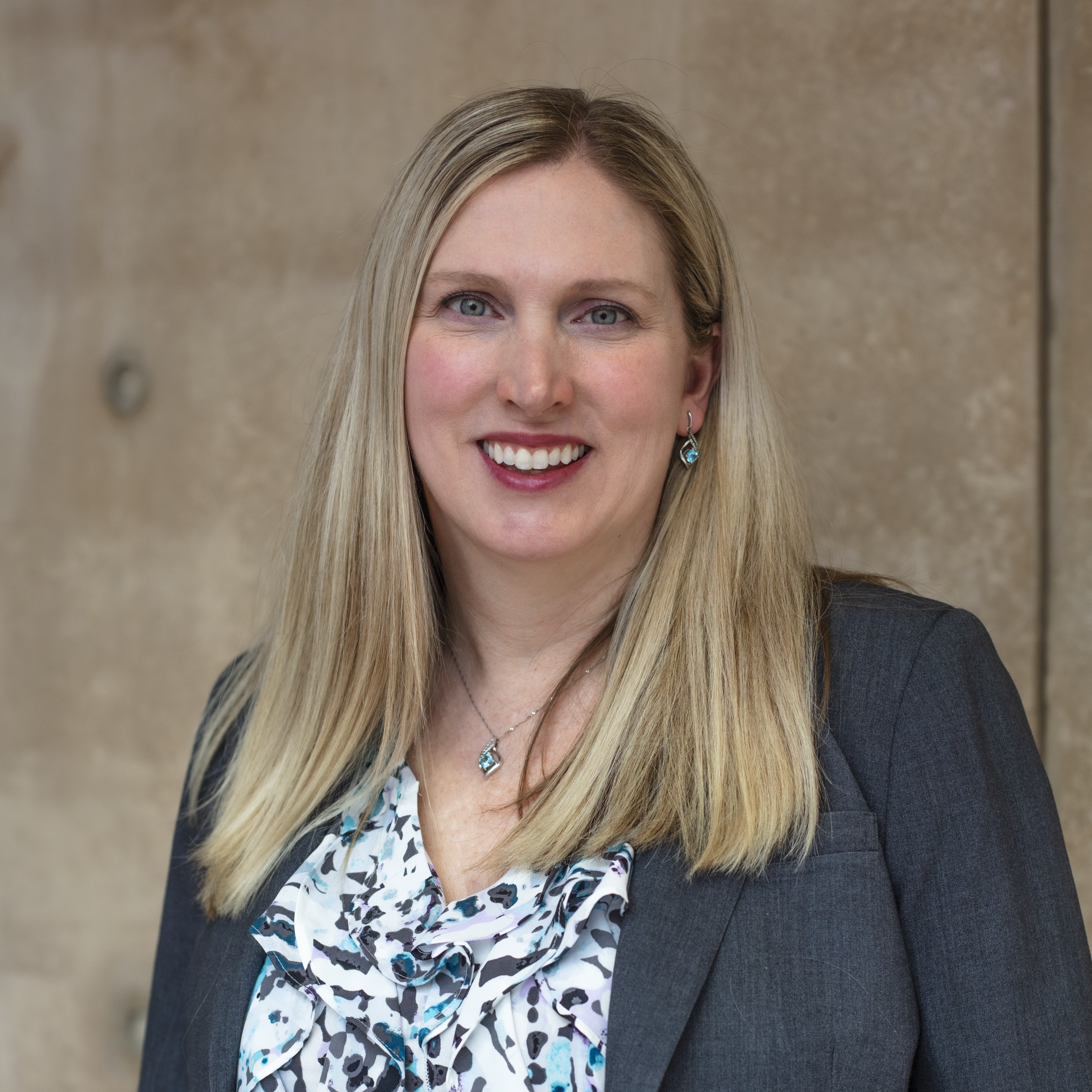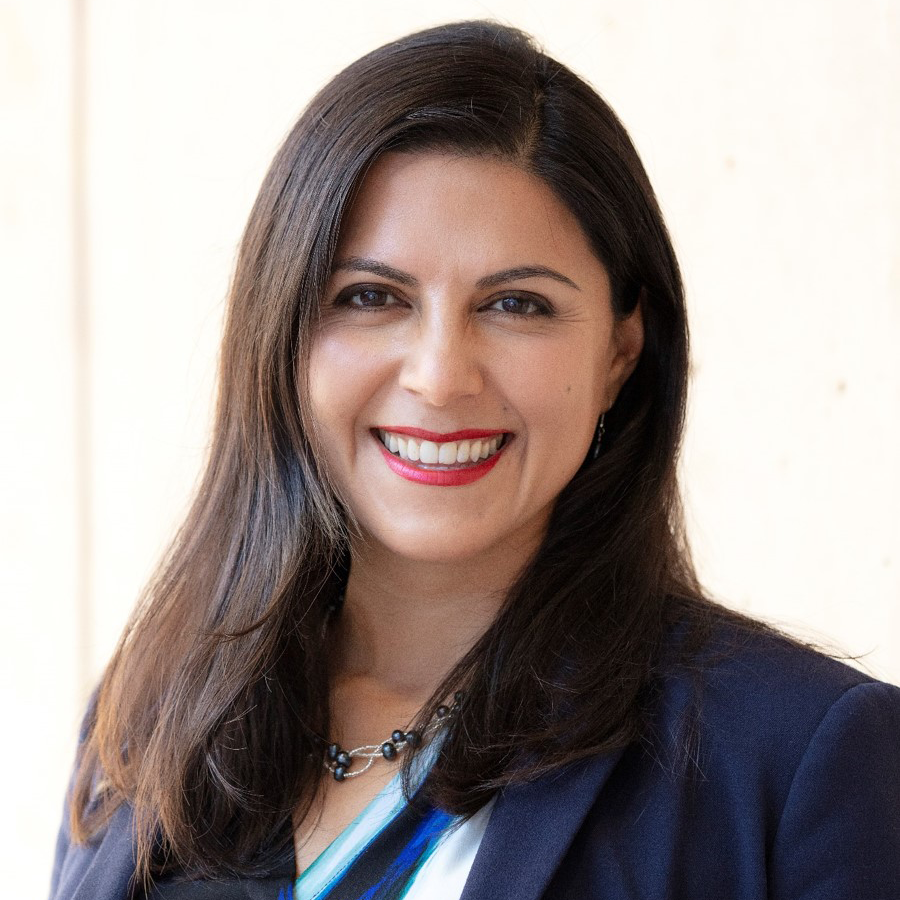At the University of North Carolina at Chapel Hill, university inventors and startup founders are the backbone of innovation and entrepreneurship across campus. But even the most enterprising researchers are often unsure of how and when to work with investors – a vital step for growing their ventures. Two leaders of Innovate Carolina, UNC-Chapel Hill’s central team for innovation and entrepreneurship, offer their advice based on years of building relationships with venture capitalists and other investment firms. Kelly Parsons, director of technology commercialization (OTC), and Mireya McKee, director of Kickstart Venture Services, share tips on how to engage with those who can provide critical funding – and other useful direction – to your startup company. We first asked them how to build an investor-ready startup. In this Q&A, we asked them about the biggest misperceptions and mistakes startups can avoid when seeking investment.
What are the biggest misperceptions that startups and inventors have about engaging with investors or industry partners?
Mireya McKee: Often, when startups start the process, they think that after they make their pitches, investors will just open the checkbook and give them the millions of dollars they need. But that’s not reality. We help prepare them for the process – that it can take multiple times. And even when there’s interest, due diligence, or a negotiation, you might get a lead investor but then have to bring others on board, too. So it’s a more complex process than ‘I pitch, get the investment, and I’m done.”
Kelly Parsons: One misperception I see is that there are times when startups and inventors don’t fully understand how to interpret their engagement with investors. If an investor doesn’t move forward with you, it doesn’t mean that they’re not excited about the venture. They may just think your venture isn’t ready yet.
Mireya McKee: Yes, some investors provide you with feedback as to why they’re not interested. But some won’t because they want to be polite and don’t want to be harsh. They may not give feedback in a straightforward way, or they may have a competing interest.
Kelly Parsons: Yes, I had a funny interaction recently while talking with a seasoned entrepreneur. They were raising money for another company, and they said to me, ‘It’s so strange, Kelly. The investors have been so much nicer to me this time around.’ And I had to laugh a little bit. It really dawned on him that his technology is important, but investors invest in people first and foremost. They look for people who are teachable, collaborative and who look problems in the face and address them. They’re drawn to you when you’ve shown that you can get your hands dirty and start a company. If you can project not only that your technology is solid, but that you’re going to be a great partner and great to work with, that goes a long way.
Mireya McKee: I think that’s a very good point. Investors have tracking sheets. They might be interested in you, but you’re not ready to invest in yet. But the next time they see you, they want to see how much you’ve progressed. Obviously, if you’ve worked on a company before, that gives you brownie points, and they’ll treat you a lot better. It’s not good to go and see them again and have the same story you had a year or two years ago. So you need to show how much progress you’ve made.

“One misperception I see is that there are times when startups and inventors don’t fully understand how to interpret their engagement with investors. If an investor doesn’t move forward with you, it doesn’t mean that they’re not excited about the venture. They may just think your venture isn’t ready yet.”
Kelly Parsons, director of technology commercialization, Innovate Carolina
What’s the one biggest mistake you’d advise people to avoid when working with investors?
Kelly Parsons: Before you set up your initial cap table (ownership in a company), make sure you talk with counsel and advisors. We do see cases where perhaps good intentions didn’t work out very well, because inventors didn’t really think about what the ramifications would be. I’ve had a lot of investors say, ‘This is a really exciting company and investment, and we like these people. But, by the time we got there, ten of their closest friends were on the cap table.’
Mireya McKee: Team dynamics are always important and can help a company be successful. Or they can be why companies fail. As a faculty founder, you need to surround yourself with good team members who have the same goals and compensate them in some way. Your equity is the most important thing you have, but it’s not worth anything until you have a product. It’s that balance between not giving everything away and having a good cap table, but also being able to trust the people you’re bringing in. I’ve seen mistakes on both sides of the spectrum.
Kelly Parsons: To Mireya’s point – a founder will bring in an advisor or someone for the company and will give them equity, but they don’t base it on any kind of actual action. Make sure that if you’re bringing someone into the company and rewarding them for the work, they actually have to follow through on that work in order to vest. So be thoughtful in how you structure relationships and partnerships to make sure the people you bring in have some obligation to fulfill.
Beyond actual investments, what can inventors or startup founders learn from investors and industry partners?
Kelly Parsons: They’re learning either pitfalls of their technology or their plan, and they are getting feedback on how they can best align their particular innovation or technology with market need. It definitely helps inventors and startup founders to adapt early or steer early toward a successful outcome.
Mireya McKee: Yes, investors and industry partners can help with more than just investment – they can provide credibility, market feedback, potential advisors or even board roles for the company later on. They provide in-depth knowledge on what the industry wants. That feedback is always valuable.

“Team dynamics are always important and can help a company be successful. Or they can be why companies fail. As a faculty founder, you need to surround yourself with good team members who have the same goals and compensate them in some way. Your equity is the most important thing you have, but it’s not worth anything until you have a product.”
Mireya McKee, director of Kickstart Venture Services, Innovate Carolina
KickStart was awarded an Economic Development Administration Grant. How does that grant support programs and events that help startups engage successfully with investors and partners?
Mireya McKee: One of the key goals of our EDA grant is to create showcase events that attract outside investments to the Triangle region. In partnership with Duke University, this grant highlights our startup companies and provides them with guidance, training and support, including opportunities to pitch at these showcase events. We hosted the first Triangle Venture Day event last April, and our startups made very impressive pitches to a wide range of life science venture capitalists and strategic partners. Investors expressed interest in some of the companies that presented. We see this event attracting new partners that haven’t been involved with our companies before. This will spark further investment in the Research Triangle region, and we think that investors will come back each year to find new technologies and startups to invest in.
How do events like BIO (Biotechnology Innovation Organization) help connect startups and inventors to investors? What do your teams do at these events that helps UNC startups and technologies?
Kelly Parsons: BIO is a unique opportunity for us to engage with an extremely large number of investors and industry partners. We present our portfolio of UNC companies to potential partners, make introductions and help build relationships. In some cases, we steer organizations toward bigger collaborations and partnerships with our startup companies. And it’s not just our team that presents UNC companies to investors. We’ve also helped UNC startups attend BIO and participate directly.
Mireya McKee: Yes, BIO is a nice opportunity for us to advertise our UNC technologies and startups. At the event, everybody has the mindset of ‘we’re here to partner,’ and it’s nice to participate in a large volume of meetings in a very short time.
Can you share any memorable anecdotes of where you connected with an investor at an event?
Kelly Parsons: I remember meeting with a group of investors at BIO where we talked about different opportunities and what they were looking for. Nothing specific arose from that meeting at that time. And then a year-and-a-half later, my phone rang. It was one of those investors. He said, ‘I’m branching out and starting my own company. I remember talking to you, and I think we can find a way to partner.’ So, a lot of times, the meetings we have are about investing in the long term. We’re building relationships that benefit us for years.
Mireya McKee: Yes, it’s all about building relationships. Some of those connections will pay off immediately. and others will take some time to grow. But it all adds to our network of investors, which is growing and creating more connections year after year. At BIO a few years ago, we were having investor meetings, and one of the investors expressed interest in meeting one of our startup companies. The company happened to be at the conference, and we were able to connect them with the investor for a meeting that same day.
For startup founders looking for support in building investor relationships, what should they do? How should they work with your teams?
Mireya McKee: Come talk to us. Even if you’re in the very early stages, our process will help you analyze the pros and cons of launching a startup company. We can provide a lot of resources to support you. And for those who are ready for investment, we will connect you with people. The more you connect with us, the more we can provide support for you.
Visit the Office of Technology Commercialization and KickStart Venture Services for resources and support for your invention or research-based startup.

 | UNC-CH
| UNC-CH




